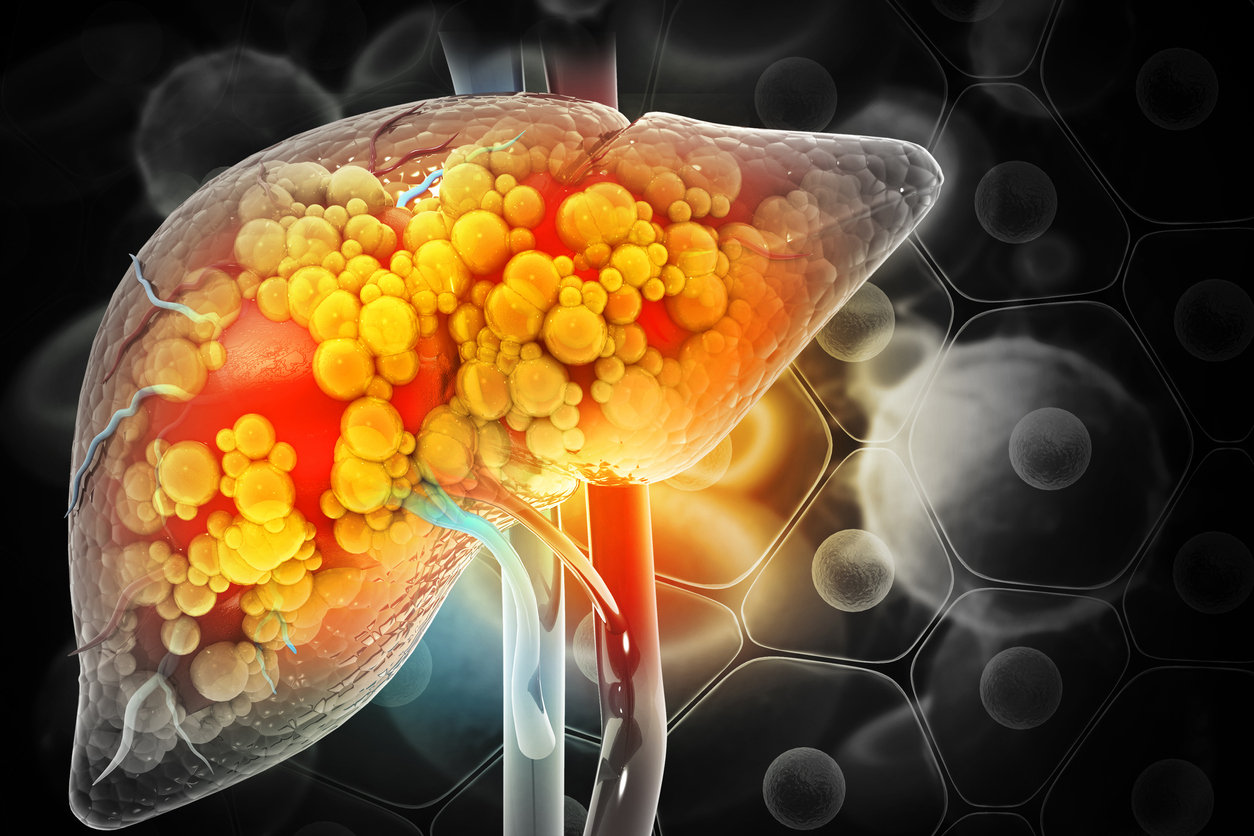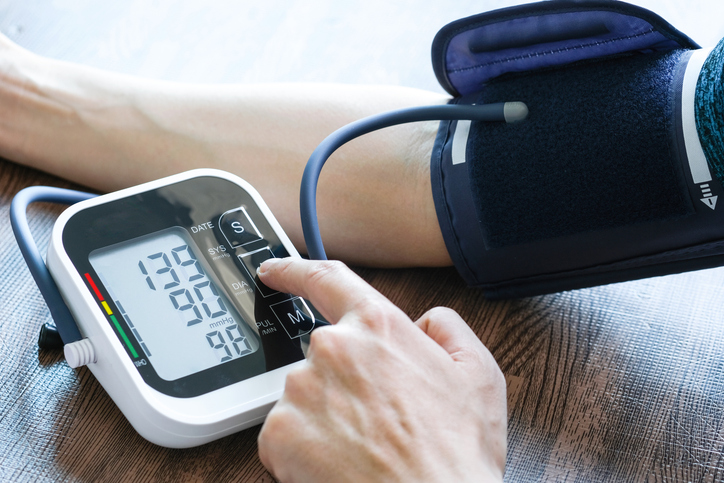2024-02-06
Type 2 diabetes and hepatocellular carcinoma progression
Oncology
Source(s) :
: Weiguo Fan et al. Matrix viscoelasticity promotes liver cancer progression in the pre-cirrhotic liver. Nature. 2024 Jan 31. ;

Last press reviews
Arterial hypertension: radar blood pressure monitors for greater accuracy

By Elodie Vaz | Published on February 20, 2026 | 3 min read<br>
Safe Sex 2.0: which digital tools actually work?

By Ana Espino | Published on February 20, 2026 | 3 min read<br><br>
Stem cell transplantation: ai to predict severe complications

By Elodie Vaz | Published on February 18, 2026 | 3 min read<br>